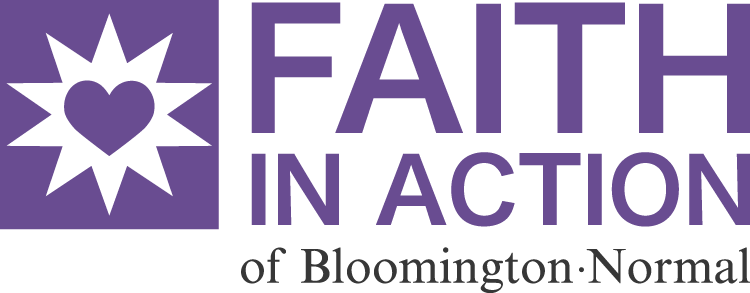Charitable Bequests
A will or trust is an effective tool to direct how your assets will be distributed at your death. Within your will or trust, you can designate all or a portion of your estate be given to a charity through a charitable bequest.
A bequest is a flexible and simple way to achieve your charitable goals. It allows you to maintain control of your assets during your lifetime. In addition, if you make a charitable bequest, your estate may receive a charitable tax deduction for the amount of the bequest.
Types of bequests include:
- Specific Bequest: You may designate a specific dollar amount or asset, such as stock, real estate, coins, etc, be given to an individual or organization.
- Residuary Bequest: A residuary request allows you to specify a percentage or the remainder of your estate be given to an individual or organization. The remainder of your estate consists of the balance of your assets after your debts, taxes and other bequests have been paid first.
- Contingent Bequest: This type of bequest is based on another, specific event occurring prior to the distribution of your assets. For example, you may specify that only if another beneficiary, such as your spouse or child, predeceases you will the contingent beneficiary receive the bequest.
An IRA may also be used for a charitable bequest by naming a charity as a beneficiary of your taxable IRA. The tax-exempt charitable organization can receive the taxable distribution without paying tax on the amount received.
Please consider including Faith in Action in your will or estate plans. The legacy you leave behind will help to ensure they continue to meet the needs of seniors in our community for years to come.
Faith in Action Bloomington Normal EIN# 26-1761652
Jennifer Doran, CFP®
